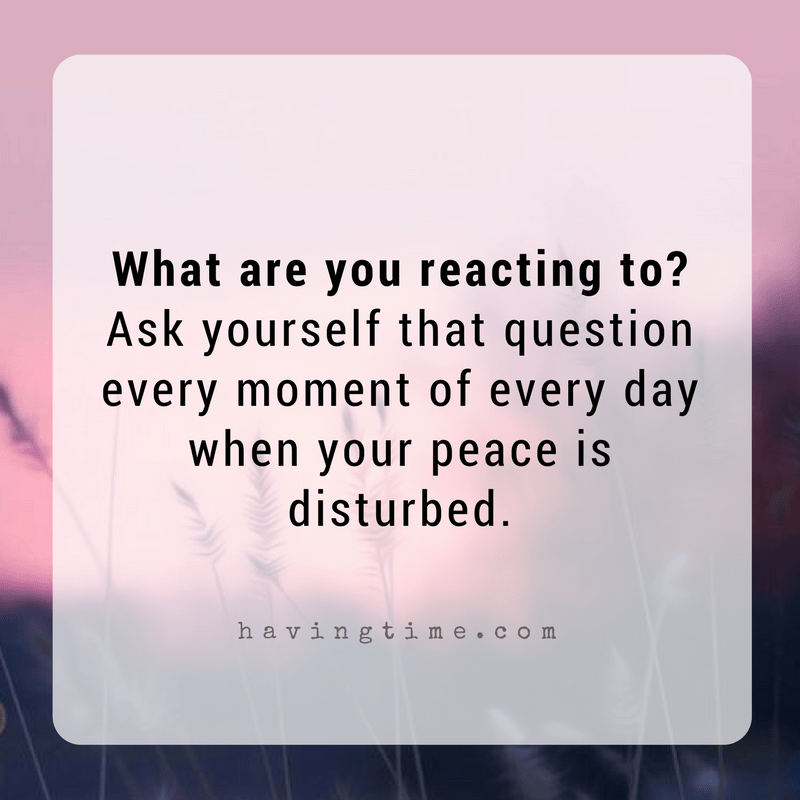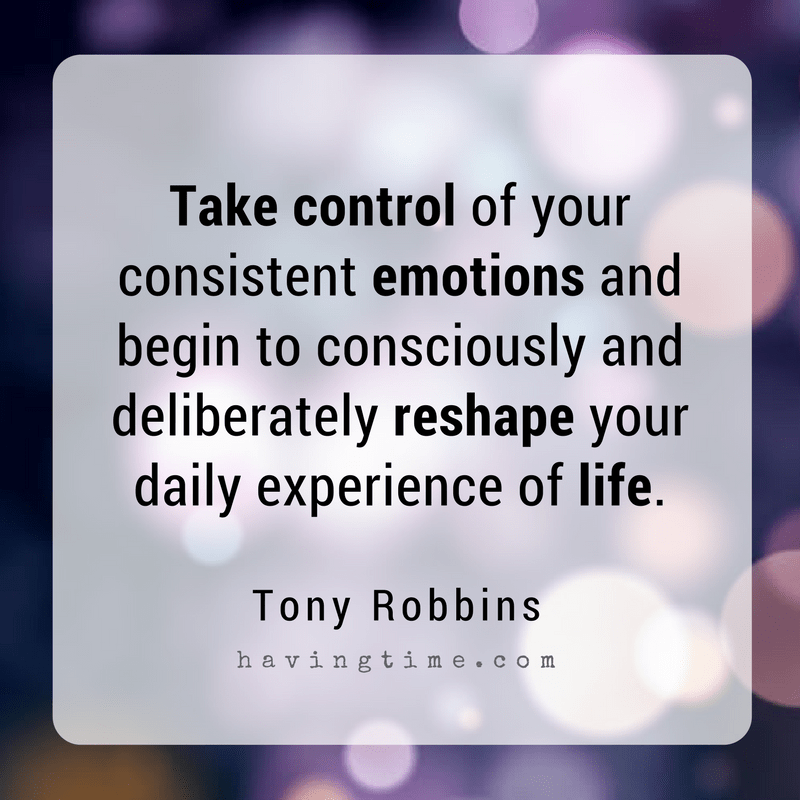
You can easily stay physically fit. All you need is a healthy diet, enough sleep, and physical activity. You can keep your mind fit too. There is a whole bunch of brain-training games today that can help you boost your memory, creativity and thinking skills. But can you be emotionally fit too? Yes, you can!
What is Emotional Fitness?
Emotional fitness is the state of our mind where we are able to focus on constructive and creative tasks while we manage to stay away from negative thoughts. With the scientific proofs today – emotional intelligence (EQ) is more important than IQ for our health and overall happiness, being emotionally fit seems to be a key to success in life.
Emotional fitness is your best armor against all of life’s challenges. When you’re emotionally fit, there’s nothing that can throw you off course because you’ve cultivated the inner-strength to block difficulties from infiltrating your mission and affecting your purpose.
You are supposed to be well-adapted. Successful in your relationships. To solve your conflicts constructively. To figure out your profession and your life altogether. Oh, and by the way, you don’t have the superpowers to manage all that. Obviously, we don’t come to this world equipped with the skills to go through life smoothly. We need to learn them. And we learn them continuously, no matter how old we are.
3 Powerful Tips to Improve Your Emotional Fitness
Similarly to need of being physically active to stay bodily fit, you need to work on your emotional health too. There certainly are some things that you can do to boost your emotional intelligence and stay emotionally fit.
1. Tag Your Feelings
Pay attention to your feelings and acknowledge them. Once you pay attention to your feelings, you are actually sending a signal to your brain to manage them. For instance, imagine that you were standing on the 30th-floor balcony. You are scared to death. If you label your emotion of fear, you will send a signal to your brain. As a response, your brain will decrease the stress hormones. Pretty cool, isn’t it?

Take a responsibility for your emotions. Remember that it is OK to feel sad, angry or afraid. Hold on to your feelings. Analyze your thoughts behind those emotions and ask yourself questions about them. Then release your feelings in a natural way.
Furthermore, listen to your body. This is very important. Why? Because our feelings are part of our body. Ask yourself what is your body actually feeling when you are mad, sad or scared. Or how does your body react when you feel happy, excited or in love? Remember, your brain and your body work together. So, always pay attention to signals that your body sends you.
2. Create a Strategy for Coping with Your Emotions
If you have a specific emotional issue, create a daily plan or routine of working on your feelings. Learn how to regulate your emotions. Try relaxation techniques, some other self-help coping skills or search for support. You can rely on your family-&-friends support network. Share your feelings with them. Or reach out to a professional mental health counselor to help you build your coping skills.
3. Try Out Mental Health Games
Enhance your EQ with the little help of mental health apps. They are similar to popular brain-training games that help you keep your mind fit. Fun but also scientifically grounded, mental health games like eQuoo can help you enhance your EQ in a fun and creative way. Apart from having fun, while playing eQuoo, you will learn life hacks that you can successfully apply to your everyday life and relationships.
The best part is that you learn the vital psychological and emotional skills through an engaging and fun game! You will learn how to boost your confidence, improve your communication skills and make your relationships thrive while having lots of fun.
Once you master these skills, you will need to use them to be able to level up in the game. Guess what? At the same time, you’ll be leveling up in your life, too. You will be able to use the emotional skills that you gained to improve your performance at school or at work. They will also help you enhance your relationships with other people.
The great thing is that these games are empirically based on current psychological research and many great psychological concepts that you can use in the upgrading of your emotional fitness.

Stay Emotionally Fit
Once you mastered your emotional fitness skills, you need to keep them up. Emotional well-being is something that requires maintenance. Stay in touch with your emotions. This way you will be able to feel the fullness of life. Also, being aware of your feelings will help you not to feel overwhelmed by experiencing certain emotions.
Emotional fitness is a bit of both, learning how to control your emotions and know how to fully experience them. Mental health games like eQuoo are a great way to learn how to keep your negative emotions like anxiety, fear or sadness at bay.
They are also an awesome tool that you can use to boost positive emotions like pride, love, confidence, and self-esteem. Because staying emotionally fit will help you keep up fulfilling relationships and reach your life goals effectively.





